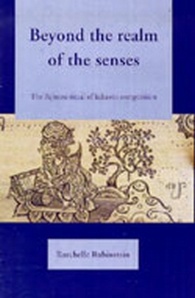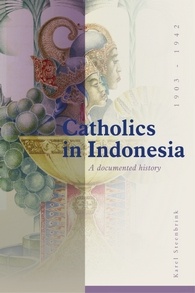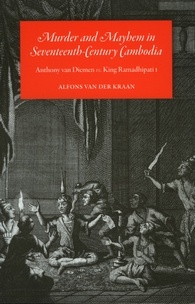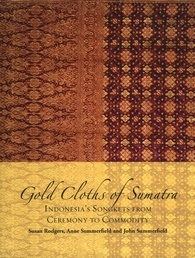Beyond the realm of senses.
Description
This book is the first comprehensive study of the practice of kekawin composition in Bali. Based on field research and a diverse range of palm leaf texts, it explores Balinese perceptions of kekawin composition and demonstrates the nexus between religion and the writing of these poems. Like kekawin from ancient Java, Balinese kekawin have been conceived as a mystical means of unification with divinity, as temples of language. In the first part of the book Bali is shown to be a society of religious literacy, and alphabet magic and the religious beliefs that underpin literary activity are examined. The second part explores Balinese conceptions of the practice of kekawin composition as literary yoga. Both the priestly identity of poets and the act of composing as a religious ritual are considered. The final section investigates the craft of composition through texts that concern prosody, poetics and orthography: the Canda, the Bhasaprana and the Swarawyanjana. Raechelle Rubinstein is an Australian Research Council Fellow attached to the Department of Southeast Asian Studies at the University of Sydney.
Additional Information
| Edition | |
|---|---|
| Pages | |
| Series | |
| authors | 677 |







